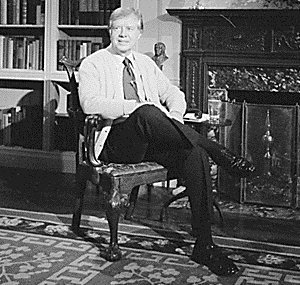We measure others, and ourselves, by the values we see practiced in our work, with our families, and within our communities. And in our homes. Honesty, respect, trust, generosity. These are virtues we teach our children and hope for in our relationships with others.

So… is heat up the chimney causing the chill?
Among these virtues are strengths of character that require prudence: not being wasteful, saving money, using resources efficiently, living within means. It’s not hard to imagine how these qualities honor the realities of a finite world. Enough for all implies limits for each. These are the good deeds of a worthy citizen.
It seems quite reasonable that to live responsibly we would choose to use less energy, and that an easy place to start would be to turn down the thermostat. In varying degrees, some choose to suffer a little thermal discomfort in return for this virtuous action. This small sacrifice is a statement of character; or as Jimmy Carter famously suggested, a patriotic act.
But we’re only required to sacrifice comfort to exercise prudence because our homes don’t work that well. Cheap available energy made us oblivious to this fact until that year Jimmy offered us a sweater. But rather than fix our wasteful houses or build new ones that treated energy as a treasure we continued to fire up our furnaces and boilers, at least until we received a sobering utility bill or our personal resources were challenged. Then we reached for the thermostat and grabbed the sweater, translating misfortune into virtue.
Maybe instead we should consider how we might discover abundance in the face of scarcity. What if we could exercise prudence AND enjoy comfort. Why not build consistently more comfortable, healthier and more durable homes that use energy by the bucket rather than the barrel; stable homes that if you did change the temperature (or if the system were to go out) you wouldn’t notice for hours, because that is how these homes work.
So let’s put our homes on an energy diet by attending to the ways they perform. Then we can put away the sweater and be happy to invite friends over without shivering (they’ll actually help heat the place). There are certainly times and places that call for us to exhibit qualities of character that depend on personal sacrifice, compromise, and accommodation, but being uncomfortable in our homes needn’t be one of them.
Instead of suffering a virtuous chill, how about living in comfortable homes that happen to work that way while using less energy? What were those virtues: not being wasteful, saving money, using resources efficiently, living within means, honoring the realities of a finite world. What do you know:
Comfort & Character!
